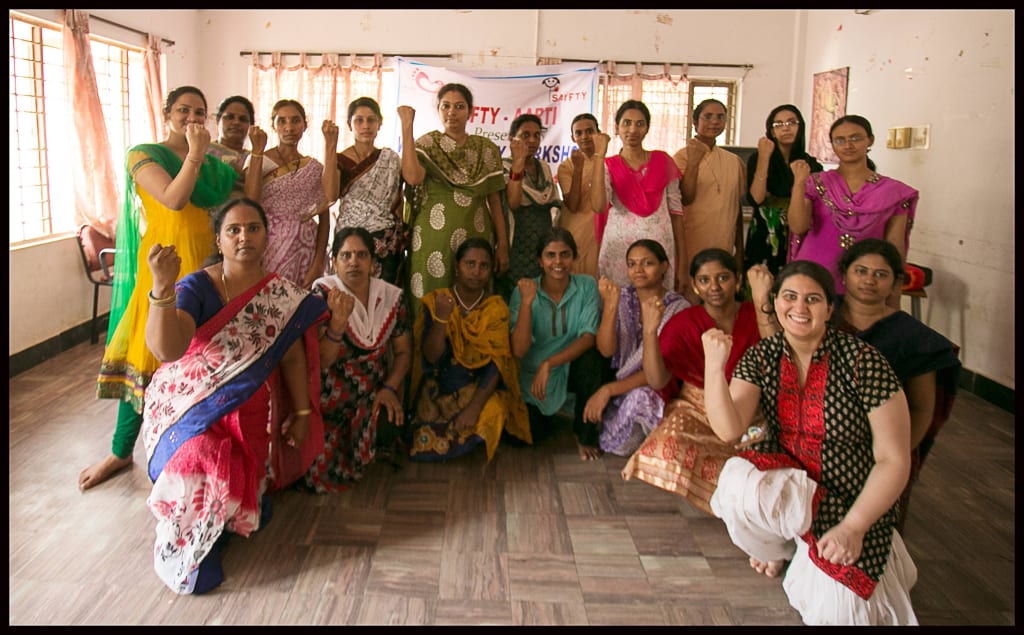
As I mentioned previously, I've been taking a course on International Global Women's Health from Stanford University via Coursera with Professor Ann Firth-Murray (See previous essay on "Fear of Afghan Women.") The course surveys a swath of topics related to International Women's Health and their Human rights, including Women and Education, Gender-based violence, Maternity and Reproductive Health, Sex Trafficking, War and Refugee women, aging, women and economic empowerment and FGM (female genital mutilation) and child marriages. While I highly recommend this course to anyone who is open to learning about women and women's rights as human rights issues, this course has left me aghast at the complexity of issues surrounding women and also frankly, outraged.
Women occupy half of the world's population, yet face a plethora of issues just based on our gender. Frankly, I've been feeling the multi-faceted yet complex nature of being a woman just by breathing. Even from an early age, women are at risk - Professor Ann Firth-Murray stated that females face heightened vulnerability just based on our gender. And this is an eye-opening and jarring truth. The statistics are alarming: one in three women in the world face gender-based violence at some point in their lives. Only one percent of women in the world are propertied (own property). One in three women in the U.S. will face some form of sexual assault during their undergraduate years (see previous essay on Patriarchy Found Me). And the statistics go on - just tune into any lecture on women's rights issues and the facts and figures are staggering enough to make anyone halt. What is there to do when sometimes, rape happens and there was no consent and the women are purely victimized based on their gender (See previous essay on Patriarchy found me)? What happens when rape is used as a weapon of war? It's as if women are just casualty just because of our gender. What happens when the U.S., who is supposed to be a leader of democracy and human rights on the global stage,333 can't even be congruent or consistent in its own struggle for achieving women's rights as human rights (see the plethora of discourse from the far-right anti-choice movement, for example). Is this how things are supposed to be? Surely not.
What struck me about the path to move forward, as I was tuning into Professor Ann Firth-Murray's course, is the importance of challenging stereotypes that allow patriarchy to exist and to run its perilous path. One video from the course featured a UN program working with child soldiers in Africa to sensitivitize them on women's rights issues and the challenges that African women face on a daily basis as well as to debunk gender stereotypes. If progress can be made among such a population in Africa, surely, consciousness can be raised among men in the U.S. , for example, or in the first world.
I look back on my child self - the innocent self who immigrated to the U.S. with my parents at the age of 10 and was not only confronte3d with issues regarding gender-based issues among the Korean community, but the self that believed in the good of the opposite sex, yet faced the sexual assault encounters I did at my alma mater, and am grieving. I feel truly saddened by these experiences - rooted in pernicious patriarchy. I didn't choose these experiences. Patriarchy found me, as I mentioned previously in "Patriarchy found me."
And for today, despite efforts to educate myself and to raise awareness among those around me to take up a more feminist lens, all I can do is grieve, despite my best intentions to be transcendent, because this world is heaving with all the injustices that inflict a woman's Life all around the world. I grieve with my Afghan sisters who fear the oppressive prospects under the Taliban (see previous essay on Fear of Afghan Women), I grieve with Mrs. X who perished early in Somalia, Africa because she didn't have access to the appropriate prenatal healthcare that could have saved her from her anemic condition, making her another statistic in maternal mortality. I grieve with the woman who was unwittingly trafficked by her family in Cambodia because she was seen as a mere economic asset, rather than a change agent who can possibly change her community and her country. I grieve with women around the world who fear sexual harassment the minute they walk out the door or fear assault just because it is dark outside or because of the way she is dressed. The list goes on.
About the Creator
Susan Lee
I graduated from Stanford University in 2002 with a BA in International Relations and a minor in Psychology and have a Masters in International Affairs from Georgetown University.






Comments
There are no comments for this story
Be the first to respond and start the conversation.